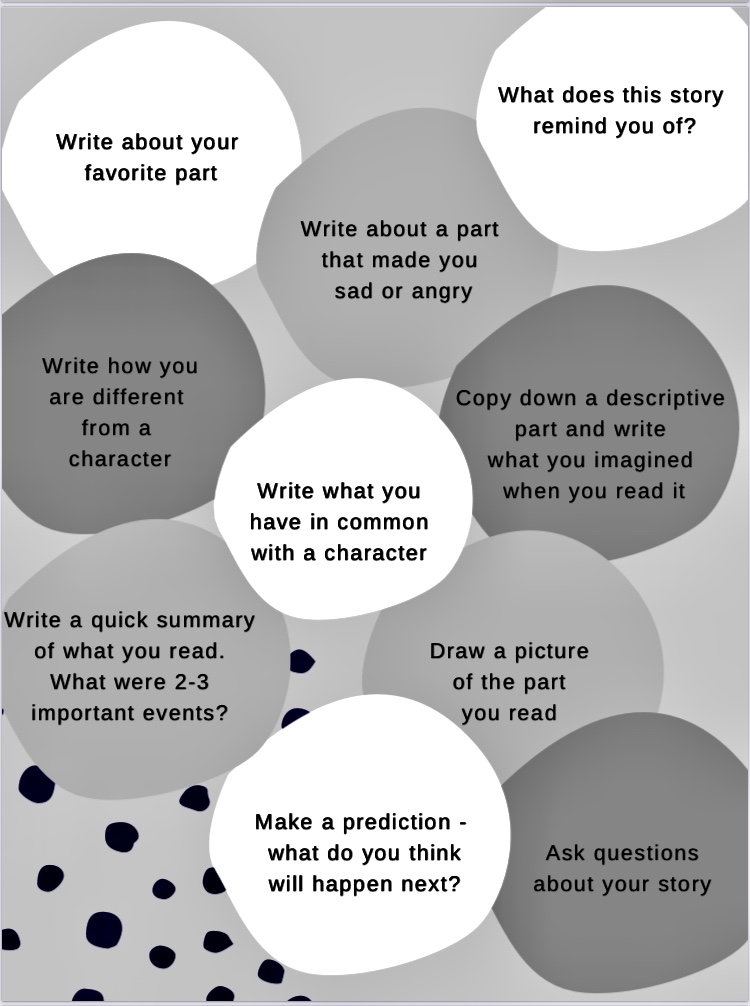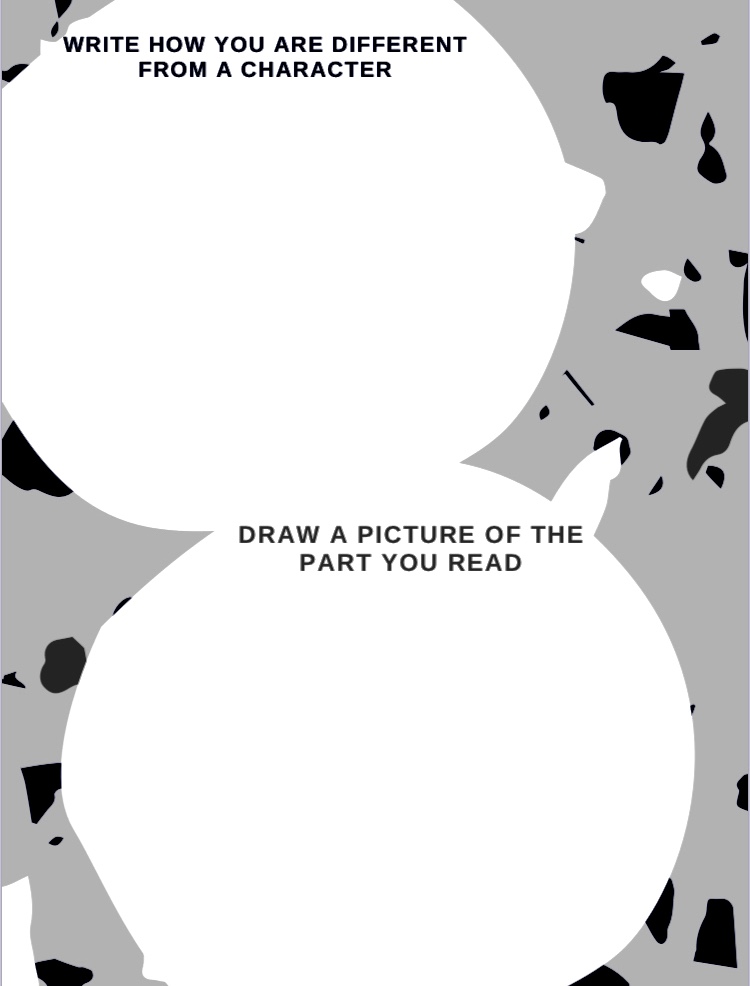I have strung the twinkle lights again, cleaned off the lantern and mason jars I keep candles in, and dusted off the little end table Jesse and I found at Home Depot that is the perfect fit between two red chairs on our small, cement porch.
I am focusing on the word “still” these days. “Still,” as in a state of mind, and perhaps an act of faith, but also as possibility. What can I still do?
I can still clean off my little porch because it’s spring and I can still sit here and read a book, or write, or just sit and listen.
The neighborhood ladies are still outside, greeting each other as they usually do, only this time, from 6 feet away. Normally, I watch them and wonder what they’re talking about, these old friends who live out their days together passing sugar, walking their dogs, sharing the snow plowing services, sitting on each others’ porches on summer nights. Now though, I can hear everything they’re saying. They ask about each other. They say, “So far, so good.” They discuss what is happening to their hair, and if they have masks when they go grocery shopping. “Did you make your mask?” they ask. “Are you off ibuprofen? Remember, don’t take that. Use Tylenol if you need to.”
The conversation pauses, and then one says, “Oh. I wish I could give you all a hug. I want to give you all a hug.”
I am writing on a day when the girls were supposed to go back to school and instead Michigan is now a hot spot for Covid-19 and the nation is bracing itself for the surge. It’s going to be Pearl Harbor. It’s going to be 9/11 I’ve heard. Hadley and Harper say, “Pearl Harbor and 9/11 combined? Or in each state?” I say, “I don’t know.” Pearl Harbor is legend to me and 9/11 is still an event that is beyond my scope of rationality. The ladies talk and I try to read my book of short stories by Lydia Davis, this one about a person who upon hearing a clarinet quintet by Mozart is so filled “with the joy of love, [he] gives up sadness,” and I think yes, but then once Marilyn Chandler McIntyre said that naming the hard things helps us contend with them, and that’s what these ladies, my neighborly mentors, are doing.
“This is a lot,” the women say. “What’ll we do? What will happen?”
I don’t think I’m ready to give up sadness just yet. I think there’s quite a lot of use in it.
//
The social worker at Hadley’s middle school sent a long these questions:
- What am I grateful for?
- Who am I checking in on or connecting with today?
- What expectations of normal am I letting go of today?
- How am I getting outside today?
- How am I moving my body today?
- What beauty am I either creating, cultivating, or inviting today?
The girls respond to them everyday, and I ask if they’d like to share any of their responses. I would like to tell you that they tell me that they are grateful for the daffodils that are blooming or that there’s a fridge full of food, but instead Hadley says that what brought her great joy today happened while she and Harper were making lunch.
“Harper was singing the “Nifty Nation” song and I poked her in the butt with a butter knife.”
“Hadley, that was NOT funny.”
“Not for you,” Hadley says, “but it brought me great joy.”
Without my prompting or request, the two of them recreate the situation down to the exact note Harper was singing when Hadley used a utensil we use to spread butter and cream cheese on things to swipe her sister in the ass.
“I was singing so good, too,” Harper tries to sound like she is complaining but she’s giggling, and it is impossible to take her seriously.
Maybe that’s just fine. Maybe butt jokes are just what we need right now. Clearly the Feyen household is chock full of them, and it feels good to still be able to laugh.
//
I’m thinking a lot about stories and storytelling these days. I feel an urgency to read them and write them more than ever, but it’s not to figure anything out, it’s more to do what McIntyre says about articulating something so I can contend with it.
I want to pass this on to Hadley and Harper, too, and that’s why I have them journal every day. I also want them to contend with the stories they’re reading, and so I have them respond to a few questions about their books each day.
My incredibly talented friend, Kristine Farnum, designed these worksheets for me, and I thought I’d share them with you. Use them for your children, or your own reading. She made two printable versions. One has all the questions on them for you to respond to on paper. The other has space to respond on the worksheet.
CF How To Respond – One Page – Version One.
CF- Workbook – Version 2 (the photo below shows one page of the worksheet)
//
“The mulch is coming on Saturday,” one of the ladies tells her neighbors. “It’ll be delivered on my driveway.”
“How will we get it?” one of them asks. I am wondering the same thing. Usually, they make a morning of it, laughing, and shoveling their share from a truck bed while their dogs run around and play. They won’t be able to do that now.
“I suppose we’ll have to take turns,” one lady says. “Make sure we wear masks and gloves.”
Another heavy silence follows.
“We’ll figure it out,” one of them says.
I have no doubt they will.



Leave a Reply